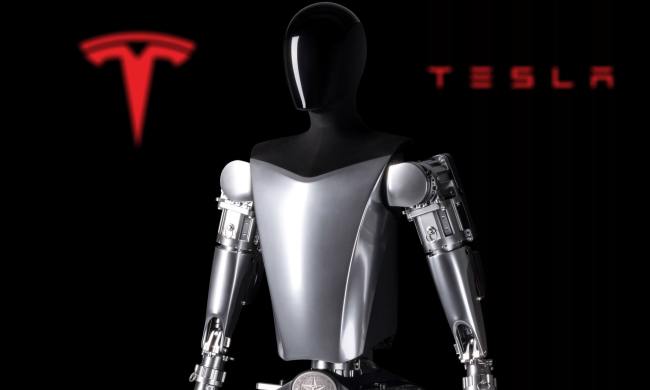The entire transaction is designed to be handled online, without any human interaction whatsoever. First, when you see a car you like on the street, take a picture of it using the Taobao app. To schedule a test drive, just add your vital info and snap a selfie.
Next, head to the nearest Tmall Auto facility and verify your identity with facial recognition technology. Your selected car will be automatically delivered from the giant three-story dispenser and you’re off for a three-day test drive. If you like the car, you can purchase it through your phone, or return it and schedule another test with a different car.
The locations offer a wide variety of different brands, unlike when a customer goes to a traditional dealership. “Our thinking behind the Car Vending Machine is focused on helping users solve certain problems they face in the car-buying process,” Huan Lu of Tmall told the website TechinAsia. “To do that, we are building a physical, experiential store that offers staffless car pickup through facial-recognition, three-day ‘deep’ test-drives, and a one-stop-shop that displays [cars from] all mainstream brands at once.”
There’s some fine print involved — you must be a Super Member to use the service, and you have to qualify at a certain level on Alibaba’s Zhima Credit scoring system. Prospective buyers can test drive up to five cars within two months, and can only try each vehicle out once.
Car vending machines are nothing new — online auto retailer Carvana recently opened its fourth U.S. vending machine in San Antonio, Texas, and Singapore has a 15-story luxury car vending machine filled with Porsches, Lamborghinis, and Ferraris. Alibaba has previous experience selling cars (and even airplanes) online, but this is the first time it’s created an actual marketplace from which to sell them.


